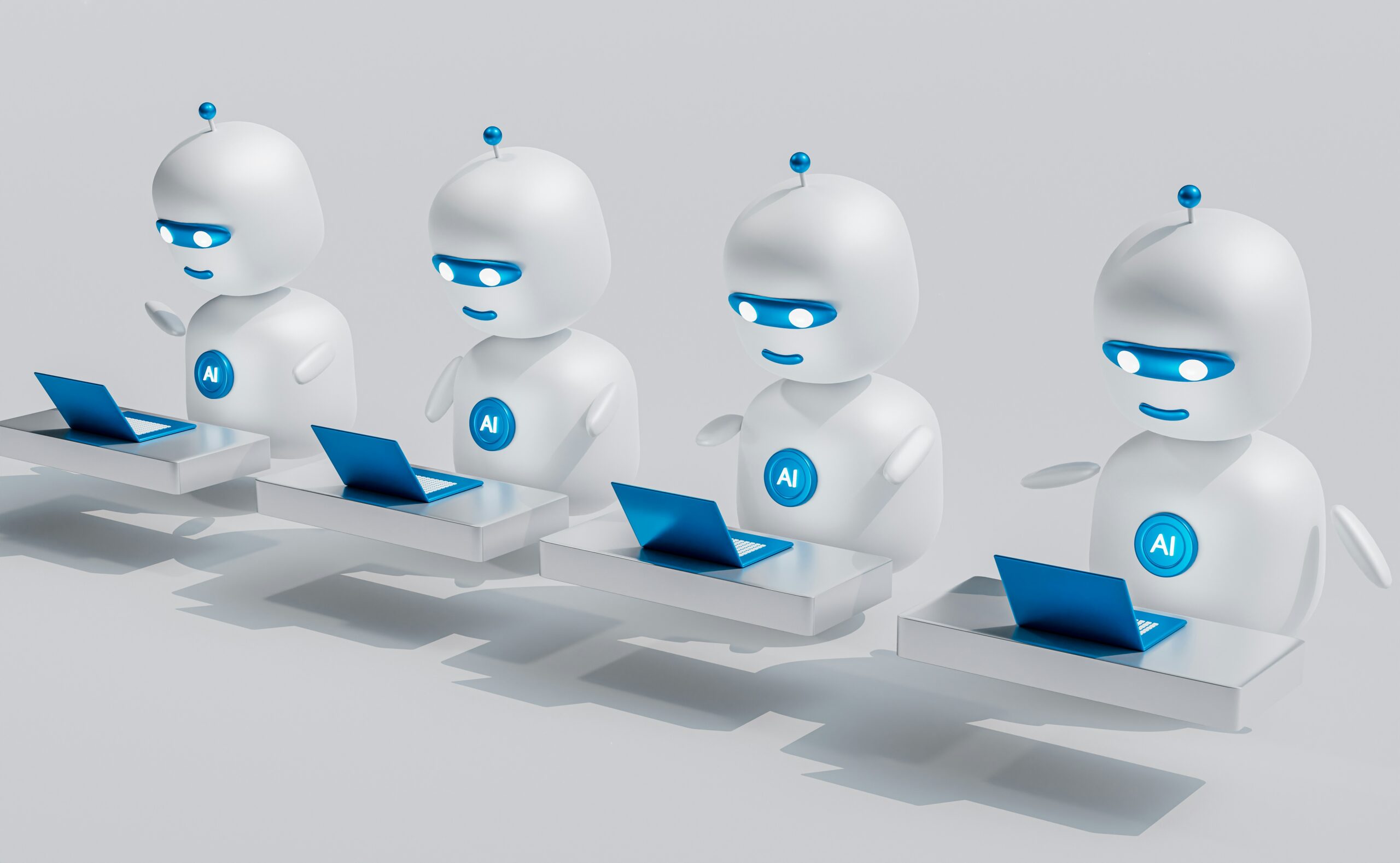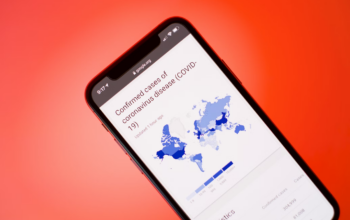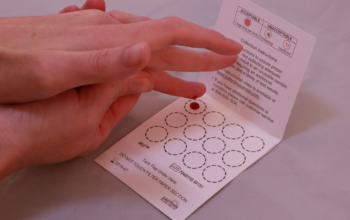Uzone.id – AI in healthcare is not only a supporting tech, it is changing the way we approach medicine, making treatments faster and more accurate, and for some cases life-saving.
By those roles, the future of AI in the healthcare industry looks bright and promising. Even the Fourth Industrial Revolution’s Top Emerging Technologies of 2023 reported that AI-facilitated healthcare was ranked as the 10th top global trend.

In Canada,10% of general practitioners and 21% of specialists already use AI professionally to assist them.
AI is also helping doctors see things they might have missed. But how exactly does AI fit into the healthcare universe?
AI as a Diagnostic Tool
AI is quickly becoming a powerful tool for diagnosing diseases. This tech plays a crucial role in interpreting medical images and data. Radiologist is still irreplaceable even until years later but surely AI can be their supplement.
By analyzing medical data—like CT scans, X-rays, retinal images, and more, AI can detect patterns that even the most trained eye might overlook.

AI can help with errors and discrepancies in radiology practice that are estimated to happen day-to-day around 3–5%.
For example, researchers at Google developed an AI algorithm that can detect lung cancer with up to 94% accuracy, which is often missed in its early stages using traditional methods.
“As a result, AI may provide more reliable results throughout the day and across different cases. This heightened accuracy could make the difference between life and death in emergencies,” quoted from Michigan Tech.
AI isn’t replacing doctors, but it’s giving them an extra set of “eyes” that can work 24/7 and process more information in minutes than a human could in a lifetime. Again, AI would be the perfect partner for doctors to help them see things from other perspectives.
Personalized Medicine
AI is paving the way for personalized medicine by analyzing a patient’s genetic makeup, lifestyle, and medical history to create tailored treatment plans.
We know that traditional approaches to medicine often take a generalized approach to treatment, assuming that one size fits all.
Thanks to AI, it has become increasingly clear that individual variations in genetics, lifestyle, and environment significantly impact an individual’s response to treatment.
For example, for diabetes treatment, precision healthcare uses AI to analyze an individual’s lifestyle factors, such as diet, exercise habits, and stress levels. Using this information, doctors can then create personalized dietary plans and exercise regimens to manage blood sugar levels effectively.
Pharmaceutical companies like IBM Watson are already using AI to develop personalized cancer treatment plans. Watson’s AI system analyzes tons of research data, clinical studies, and patient records to suggest the best course of treatment for each patient.
AI-Powered Surgery
AI is stepping into the operating room, too. Robotic surgery, powered by AI, allows for more precise and minimally invasive procedures. Besides, Forbes reported that robots can analyze data from pre-op medical records to guide a surgeon’s instrument during surgery, which can lead to a 21% reduction in a patient’s hospital stay.
These AI-driven robots assist surgeons in making more accurate cuts, reducing human error, and speeding up recovery time for patients. The Da Vinci Surgical System is one of the best examples of AI in action.
This robotic system is guided by a surgeon but uses AI to enhance precision during surgeries, such as heart valve repairs or removing cancerous tissues.
“AI and robotics are allowing us to perform surgeries with incredible precision. This means smaller incisions, less pain, and faster recovery times for patients,” said Dr. Catherine Mohr, a leader in robotic surgery.
Predicting Patient Outcomes
Predicting the future sounds unreal but AI is doing exactly that in healthcare. By analyzing patient data, AI can predict how a disease might progress and what treatments are most likely to succeed.
Hospitals are using AI to analyze past medical records, and AI algorithms can identify which patients are most at risk of complications or readmission.
For instance, Johns Hopkins Medicine developed an AI tool that predicts which patients are most likely to develop sepsis—a life-threatening condition. By identifying patients early, doctors can take preventive action and improve survival rates.
According to Dr. Suchi Saria, a researcher in machine learning at Johns Hopkins, “AI isn’t just about curing diseases—it’s about preventing them by identifying risks before they become reality.”
Virtual Health Assistants
AI-powered virtual health assistants, like Babylon Health and Ada Health, are designed to answer patient queries, offer advice, and even monitor patient symptoms in real time. This is going to be a breakthrough in future healthcare since virtual nursing assistants could save the healthcare industry US$20 billion annually.
One of their specialties is that they are available 24/7, they can answer questions, monitor patients and provide quick answers. These assistants use AI to analyze the symptoms you’re experiencing and suggest whether you need medical attention.
These AI-powered apps are becoming more accurate and accessible, offering a quick and reliable way for patients to get basic healthcare advice, especially in areas with limited medical access.
AI is revolutionizing healthcare by making it more efficient, personalized, and precise. AI isn’t replacing doctors, it’s helping them work smarter. With experts like Dr. Topol and Dr. Mohr emphasizing its impact, AI is becoming an indispensable tool in modern medicine. The future of healthcare is here, and it’s powered by AI—right alongside your doctor’s stethoscope.
















